Don Tapscott, a leading authority on the impact of technology on business and society believes we are living through the second-era of the internet – an internet of value as different from an internet of information. The CEO of The Tapscott Group and co-founder, Blockchain Research Institute, sat down for a Thinkers interaction with Dr Amit Kapoor, Editor-in-Chief, Thinkers. Hosted by Firstpost, Tapscott spoke about blockchain, the digital economy and privacy.
Performing business and related transactions for long now, to manage as to what cryptographers call “the double spend problem”, intermediaries like banks, credit card companies, and social media companies are increasingly in trouble, warned Don. Basically, they identify as to who you are, settle transactions and keep records for a fee, but sadly take days or even weeks to move digital assets up the street. Being centralised they can be hacked too and there lies a bigger problem, he said. Those who are the actual creators of the data don’t get to monetise it and hence privacy gets compromised.
Data that could be stored, managed and transacted in a secure and private way through a vast global distributed ledger is what blockchain all about; from money to stocks to votes, it can capture an internet of “value” rather than of “information”.
The first and the foremost question then is: why a technology like blockchain? Trust which is native to the medium of the internet, as Don said, is not established by a bank or any other intermediary and is rather achieved through cryptography, through collaborations and some clever codes. For the first time in human history, organisations can manage assets and do business without an intermediary.
Thus something that started in banking (and now spreading out to every other industry) can, in theory, be replaced by a distributed ledger and some applications on that. Note that it is effectively just a change in the ledger where for instance, the payment systems are based on block chains.
However, this should not be confused with bitcoin and other cryptocurrencies. Rather it is the underlying blockchain technology that enables it all to work.
As pointed out above, considering the education industry here we can think of a more collaborative learning model that is customised to an individual learner instead of a one-size that fits all. The foundation would be a student record comprising of rich educational information that will be portable and just one of the fifty parts of your overall identity! This could be a kind of desegregation of a post-secondary model wherein courses could be taken anywhere and prove to be a more student-focused model. Likewise, one can have a health record and since you own the record it is possible for you to capture that information to plan your life.
So, blockchain is a technology that creates a platform which is going to look like a virtual image that mirrors all your data for you and can help you monetise it. Privacy is the foundation of freedom and that is why we need a platform to get our identities back to manage them responsibly, added Don. Further talking about the pace of change, he maintained that the future is not something to be predicted but yet doesn’t rule out an existential crisis for companies that collect data! Henceforth, there exists an opportunity that people the worldover need to understand and ultimately move towards, to own and manage their identities.
While acknowledging that governments have a legitimate need to possess certain kinds of information by law, unique identifiers by governments (like the Aadhaar) can be scary, said the Blockchain Research Institute co-founder simply because those can be linked to any other data. Therefore, a distinct model of identity where citizens own their identity is what he pictures; which is a whole new paradigm that most people do not understand yet!
With this in the background, we might then be in the early days of a whole new second-era of democracy or the second-era of the internet. Vested interests no doubt get threatened and leaders of old paradigms generally face problems in such a shift. Imagine voting - wherein a better accountable representation can be established; or a smart contract wherein a songwriter puts his song inside a contract and posts that on blockchain! By ensuring that the creators of value are compensated for that value, we can make the economy more democratic through blockchain. All this reflects a different culture of public deliberation that the citizens are active and know their value.
Lastly, looking at a scenario where the opposite happens and it all goes wrong, Don summed up the conversation by saying that it depends on us because there is nothing inherent in the technology that says: we will get it right this time! On this note, however, Don was quick to add that he is very keen on the awakening of this second-era by helping create the Blockchain Research Institute in India and said he is hopeful for the country and that companies or governments would figure this out for sure.
You can follow the thought leadership magazine Thinkers at https://thinkers.in .


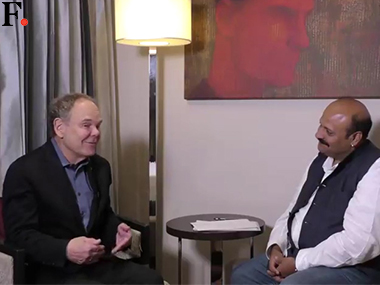)




)
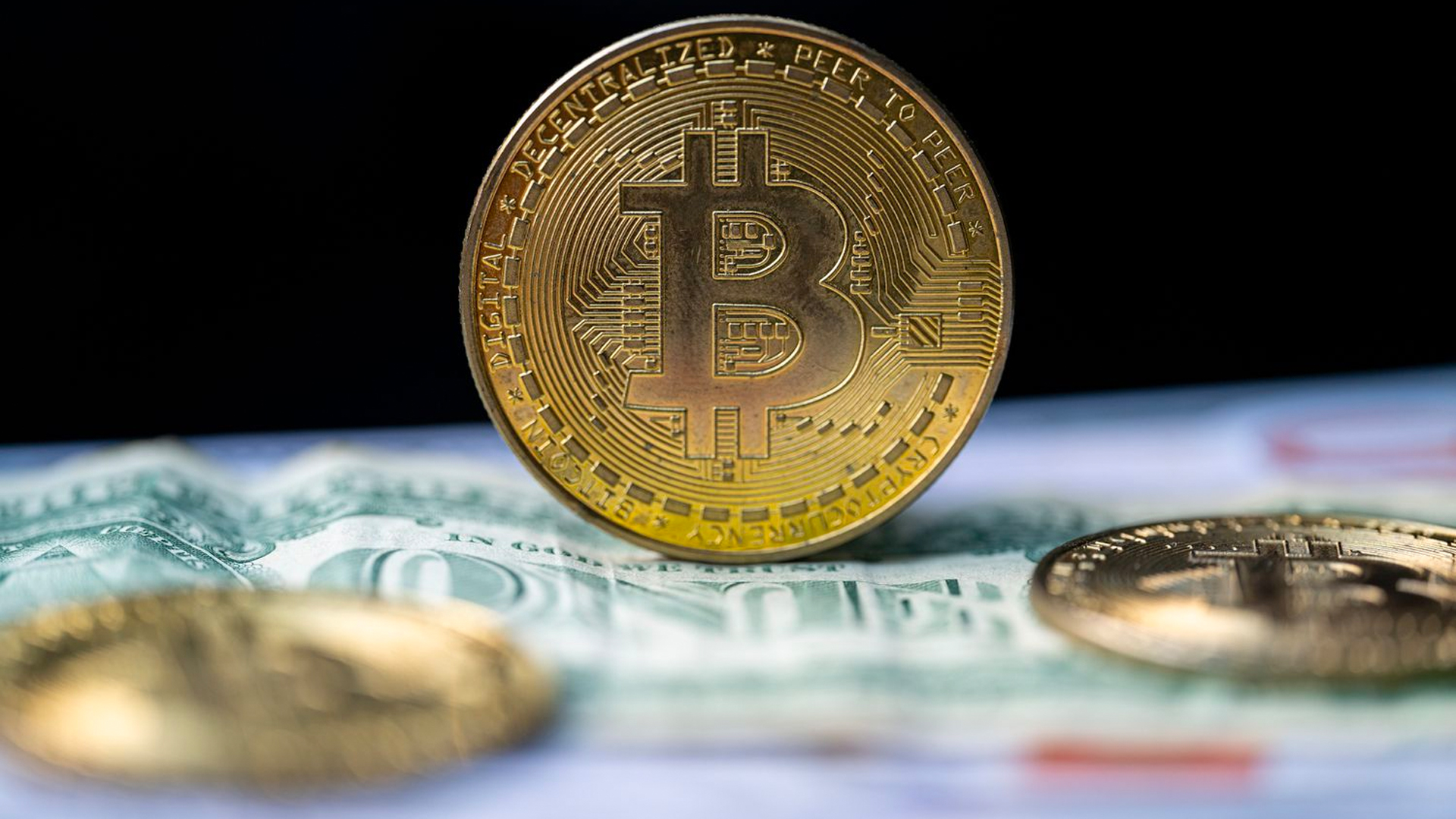)
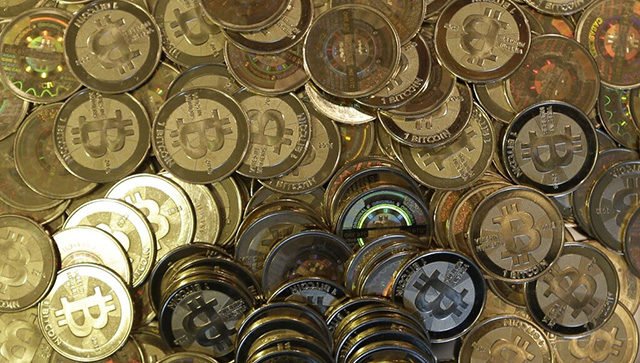)
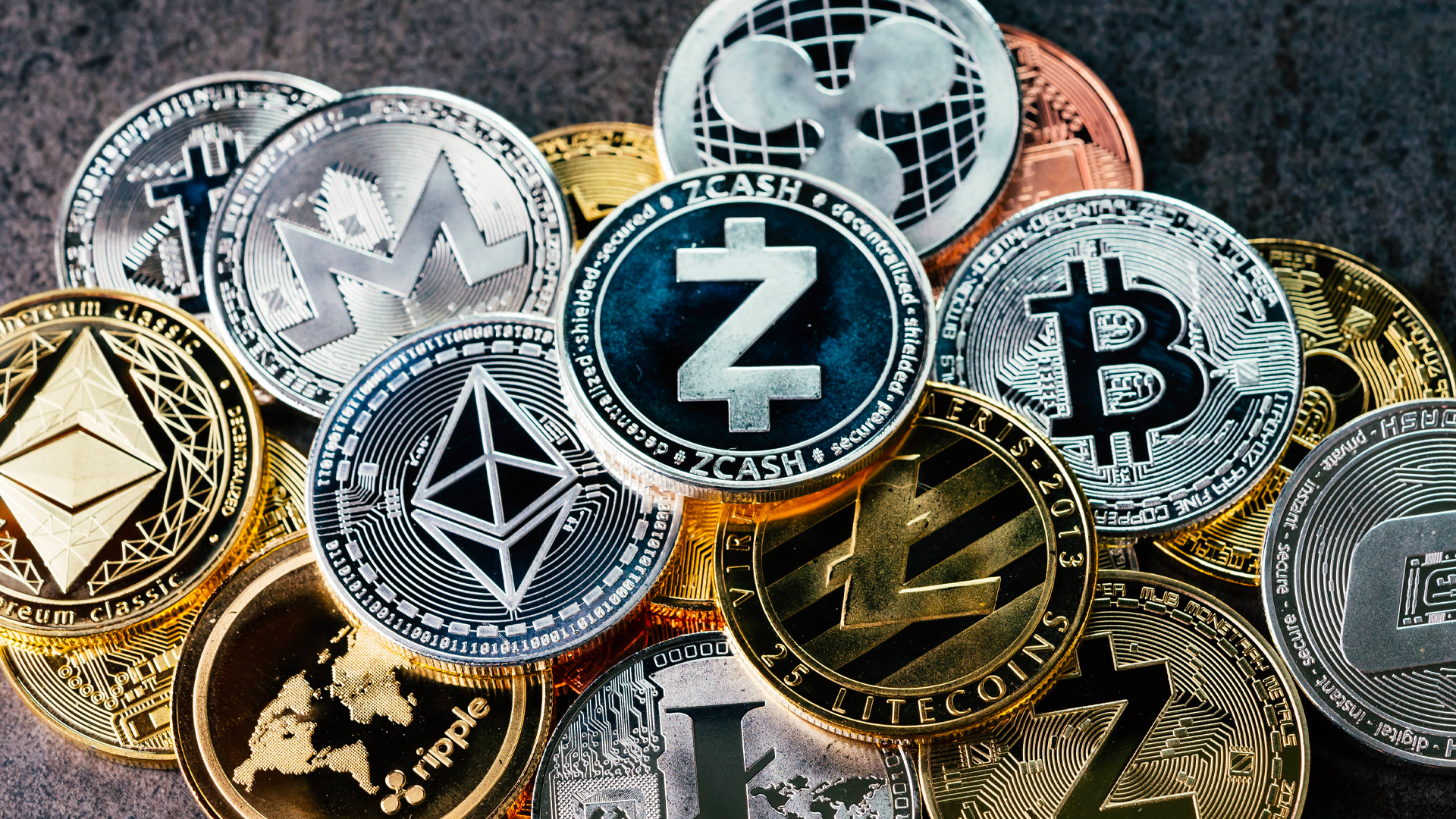)
)
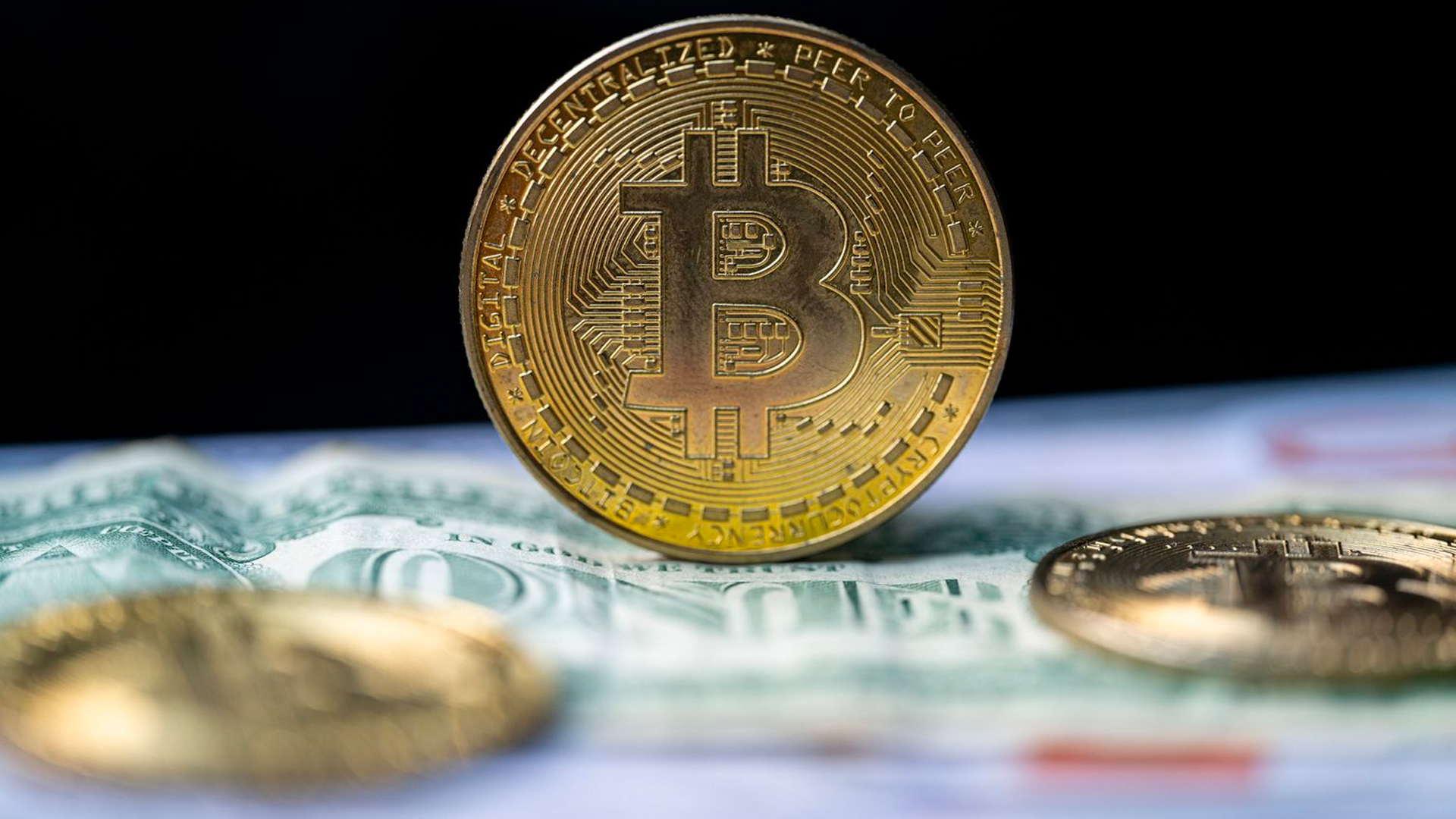)
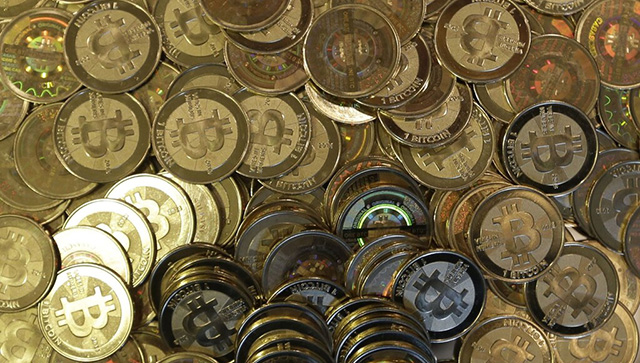)
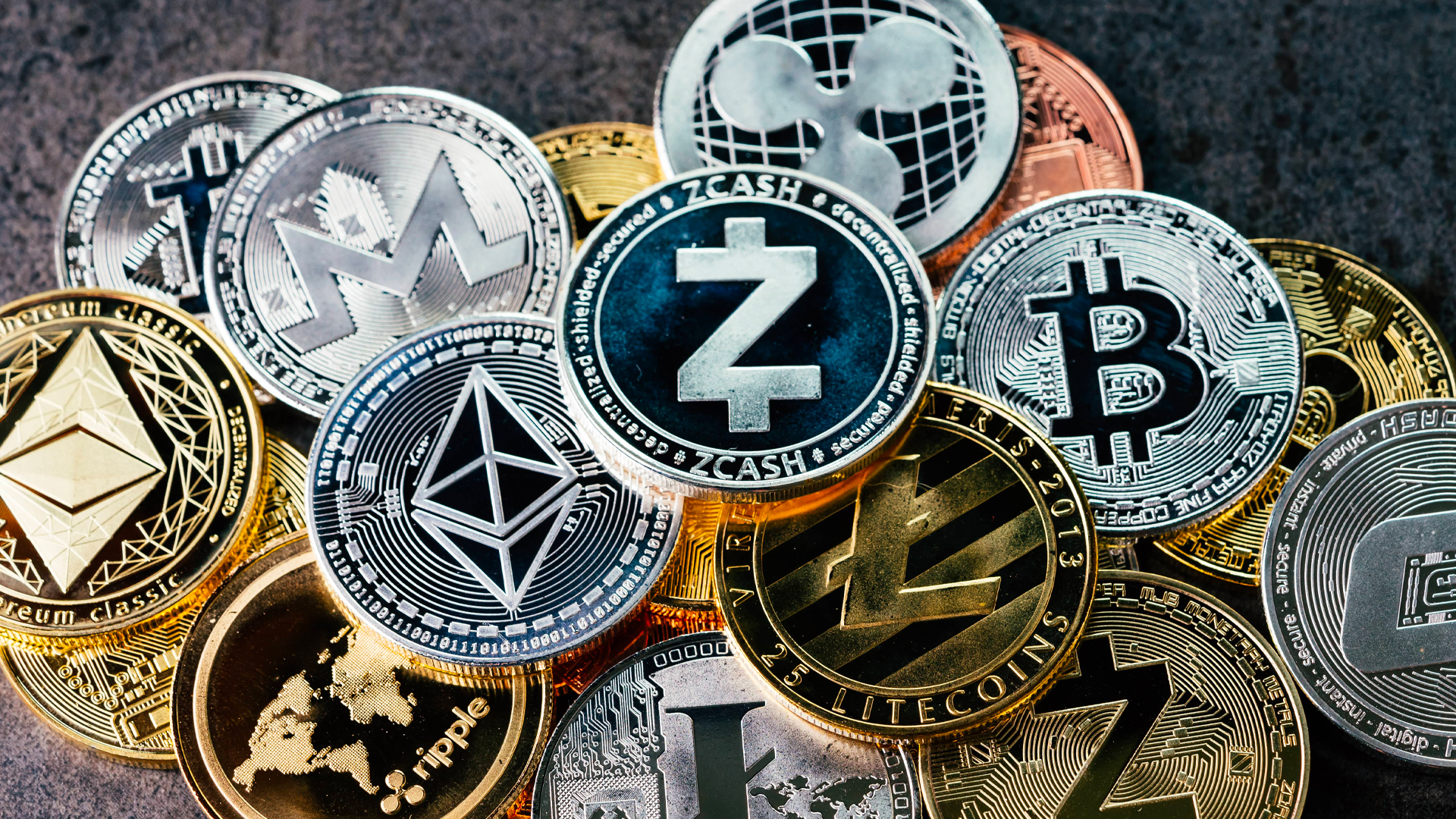)